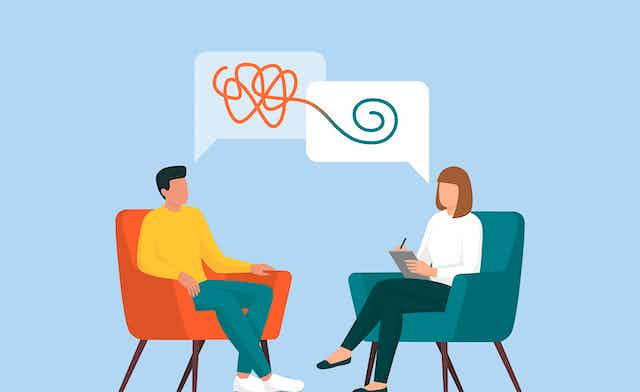Therapy: Nurturing Mental Health and Well-being


In today’s fast-paced and often stressful world, maintaining good mental health is crucial for leading a fulfilling and balanced life. Therapy has emerged as a vital resource in supporting individuals in their journey towards emotional well-being. With the help of trained professionals, therapy offers a safe and confidential space for individuals to explore their thoughts, emotions, and behaviors, leading to personal growth and healing.
Therapy, also known as psychotherapy or counseling, is a collaborative process between a therapist and a client aimed at addressing psychological issues, improving mental health, and enhancing overall well-being. It provides a non-judgmental and supportive environment for individuals to express their emotions, gain insight into their concerns, and develop strategies to cope with life’s challenges.
One of the key benefits of therapy is its ability to foster self-awareness and understanding. Through therapeutic conversations, individuals can gain clarity on their thoughts, emotions, and experiences. Therapists help clients explore their beliefs, values, and perspectives, encouraging them to reflect on their personal narratives and patterns of behavior. This process of self-discovery promotes self-acceptance and empowers individuals to make conscious choices that align with their values and goals.
Therapy also plays a pivotal role in addressing mental health concerns. It provides effective strategies and coping mechanisms to manage symptoms of depression, anxiety, trauma, and a wide range of psychological disorders. By understanding the root causes of their distress, individuals can learn healthier ways to navigate through life’s challenges. Therapists offer evidence-based interventions, such as cognitive-behavioral therapy (CBT), dialectical behavior therapy (DBT), and mindfulness techniques, which equip individuals with the tools to manage their emotions, develop resilience, and build healthier relationships.
Therapy is a valuable resource for working through past traumas and unresolved issues. Many individuals carry emotional wounds from previous experiences that continue to impact their daily lives. Therapy provides a space to process these deep-rooted emotions, heal from past hurts, and build a stronger foundation for the future. Therapists use various techniques, such as trauma-focused therapy and eye movement desensitization and reprocessing (EMDR), to help clients reprocess traumatic memories and release the associated emotions.
Moreover, therapy is not only beneficial for individuals with mental health concerns but also for those seeking personal growth and self-improvement. Even individuals who are generally well-adjusted can benefit from therapy. It offers an opportunity for self-reflection, personal development, and building skills for effective problem-solving, communication, and emotional regulation. Therapy can support individuals in achieving personal goals, enhancing self-confidence, and fostering healthier habits and relationships.
It’s important to highlight that therapists are highly trained professionals who adhere to ethical guidelines and maintain confidentiality. They create a safe and non-judgmental space for clients to share their concerns, fears, and aspirations. Therapists offer empathy, active listening, and unconditional support throughout the therapy process. The therapeutic relationship itself becomes a vital source of healing and growth.
